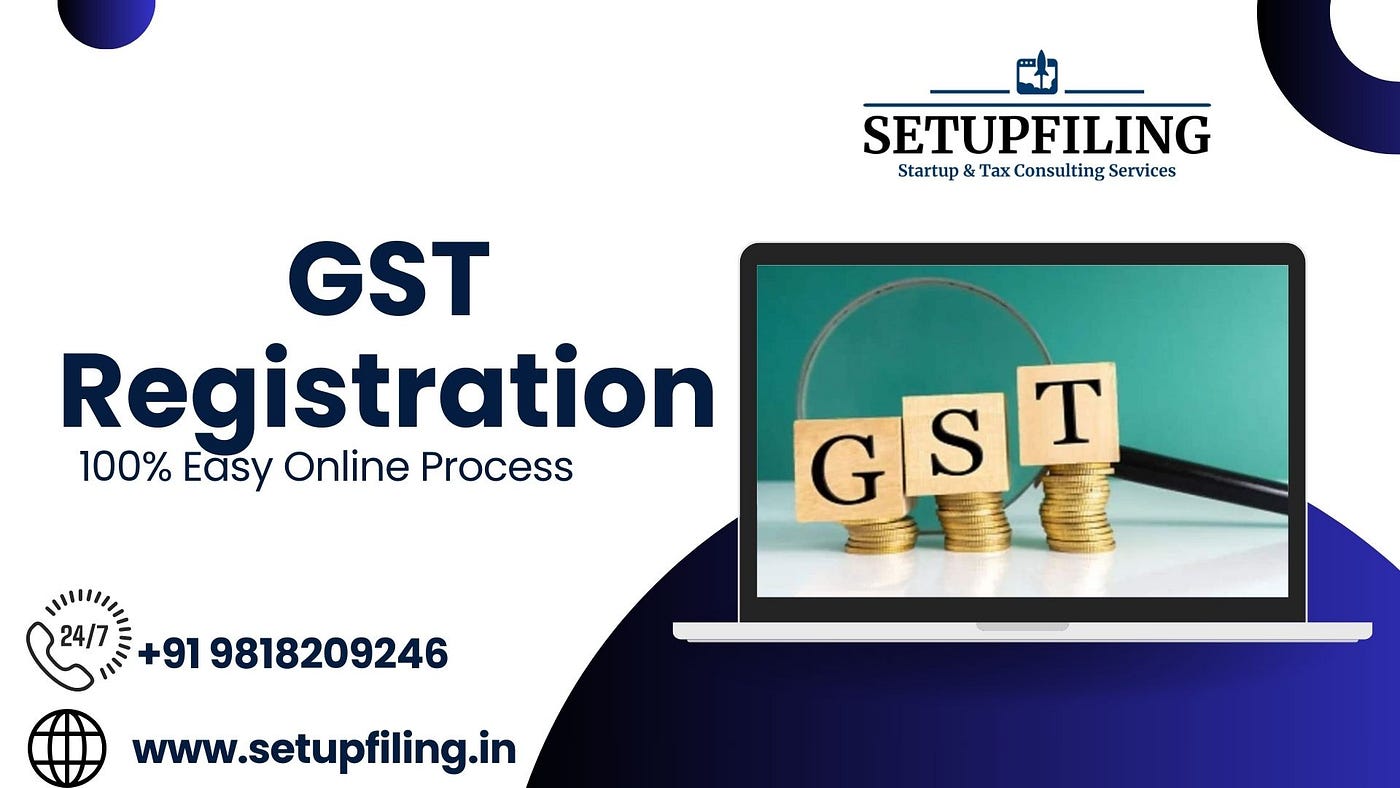Budget-friendly Choices for the Best GST Registration Services in Singapore
Budget-friendly Choices for the Best GST Registration Services in Singapore
Blog Article
From Beginning To End: The Ultimate Roadmap to GST Enrollment for Companies Seeking Financial Stability
Navigating the complexities of Product and Services Tax (GST) enrollment is an important step for organizations pursuing financial stability. From understanding the fundamental principles of GST to abiding by post-registration standards, the process can seem intimidating in the beginning glance. Nevertheless, damaging down the roadmap right into convenient actions can streamline the enrollment trip for services wanting to enhance their financial standing. Allow's check out the crucial elements that comprise this utmost roadmap and uncover how each stage contributes to laying a solid foundation for monetary success.
Recognizing GST Fundamentals
Exploring the fundamental principles of Product and Solutions Tax Obligation (GST) is essential for obtaining a detailed understanding of its ramifications on companies and the economy. GST is a value-added tax obligation levied on many products and services for residential consumption. It has actually replaced numerous indirect taxes that existed in the pre-GST era, improving the tax framework and improving ease of doing company in India. Under the GST system, both solutions and items are taxed at a certain rate, which is figured out based on their classification. Services are needed to register for GST if their yearly turnover exceeds the threshold restriction set by the government. Input Tax Credit Report (ITC) is a substantial attribute of GST, permitting services to claim credit scores for taxes paid on inputs, lowering the overall tax obligation problem. Understanding the basics of GST is crucial for companies to adhere to tax obligation laws, manage their funds efficiently, and add to the country's economic growth by participating in a transparent tax system.
Eligibility Standards for Enrollment
As of the existing laws, the threshold limitation for GST enrollment is an annual accumulation turnover of 40 lakhs for companies operating within a state, except for unique classification states where the limit is 20 lakhs. Furthermore, particular organizations are needed to register for GST regardless of their turnover, such as interstate distributors, informal taxable individuals, and companies responsible to pay tax under the reverse cost system. It is critical for services to thoroughly assess their turn over and purchase types to establish their GST enrollment commitments accurately.
Files Required for Enrollment
Having actually fulfilled the eligibility criteria for GST enrollment, services need to now ensure they have the requisite records in position to proceed with the registration procedure efficiently. The documents needed for GST registration normally consist of proof of company constitution, such as collaboration deed, registration certificate, or unification certificate for various sorts of services. In addition, organizations need to offer papers developing the principal area of service, such as a rental arrangement or electrical power expense. PAN card of the service, in addition to the identification and address proof of promoters/partners/directors, are essential for confirmation objectives. Savings account declarations, along with canceled cheques or a duplicate of the bank passbook, are required to verify the financial details given throughout registration. In addition, businesses need to have digital signatures all set for the accredited notary. Guaranteeing all these files are organized and conveniently available will certainly speed up the GST registration procedure, allowing services to adhere to tax laws flawlessly.
Step-by-Step Registration Process
Beginning the GST registration procedure entails a collection of structured steps to guarantee a smooth and certified registration for companies. The very first step is to visit the GST site and fill up out the registration kind with accurate information of the company entity. Following this, the applicant obtains a Short-term Referral Number (TRN) which is made use check my source of to return to the application procedure if it's not finished in one go.
Next, all called for records based on the list offered by the GST portal demand to be posted. These files generally include evidence of business identification, enrollment and address proofs of promoters, monetary declarations, and service entity's frying pan card.

Post-Registration Conformity Guidelines

Final Thought
Finally, companies looking for economic security must recognize the basics of GST, meet eligibility requirements, collect essential papers, comply with the step-by-step enrollment process, and follow post-registration standards - Best GST registration services in Singapore. By sticking to these steps, businesses can guarantee conformity with tax obligation regulations and preserve financial security in the future
Furthermore, specific organizations are required to sign up for GST irrespective of their turn over, such as interstate providers, casual taxed persons, and businesses responsible to pay tax obligation under the reverse charge system.Having actually satisfied the eligibility requirements for GST enrollment, businesses have to currently ensure they have the requisite papers in location to proceed with the registration procedure effectively. The records required for GST enrollment usually consist of proof of organization constitution, such as partnership action, enrollment certificate, or consolidation certificate for different kinds of services. Additionally, businesses require to provide documents developing the major place of organization, such as a rental agreement or power bill.Beginning the GST registration procedure entails a collection of structured actions to Recommended Reading ensure a smooth and certified registration for businesses.
Report this page